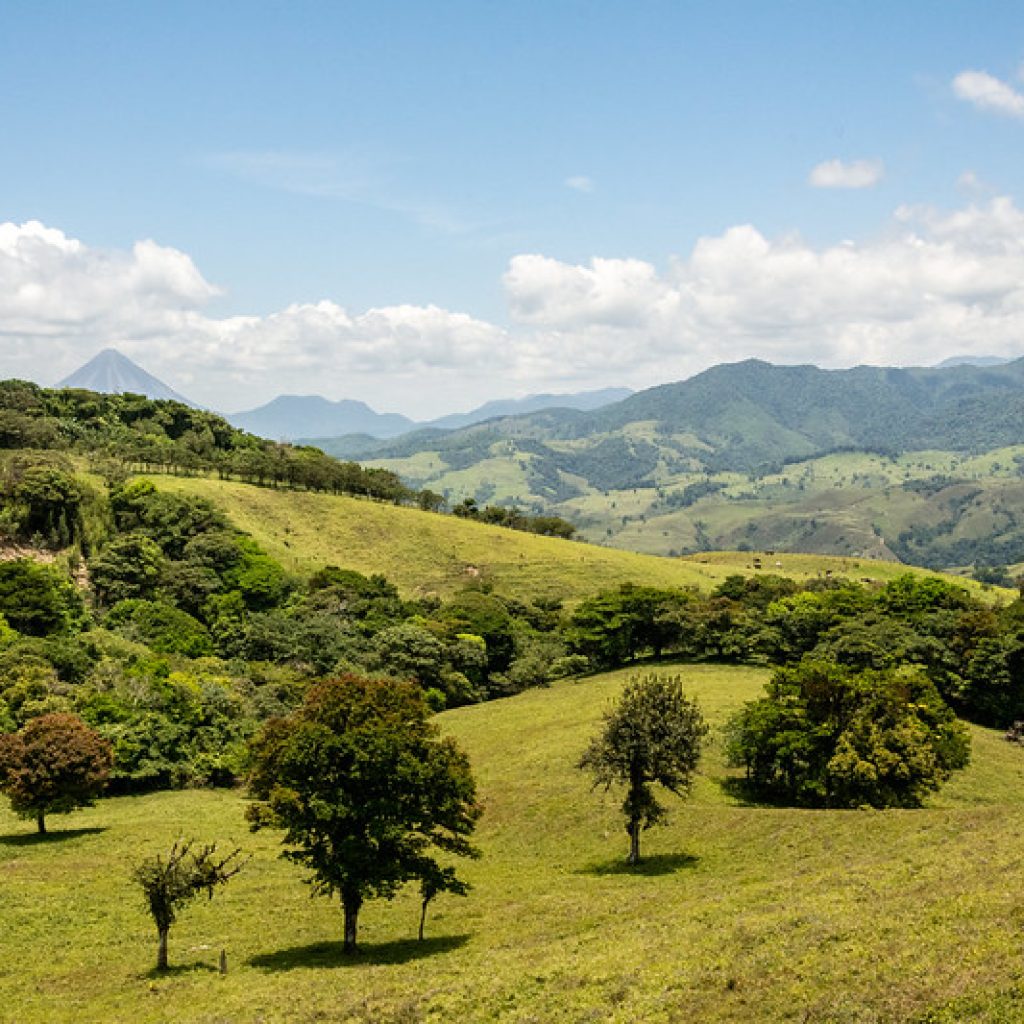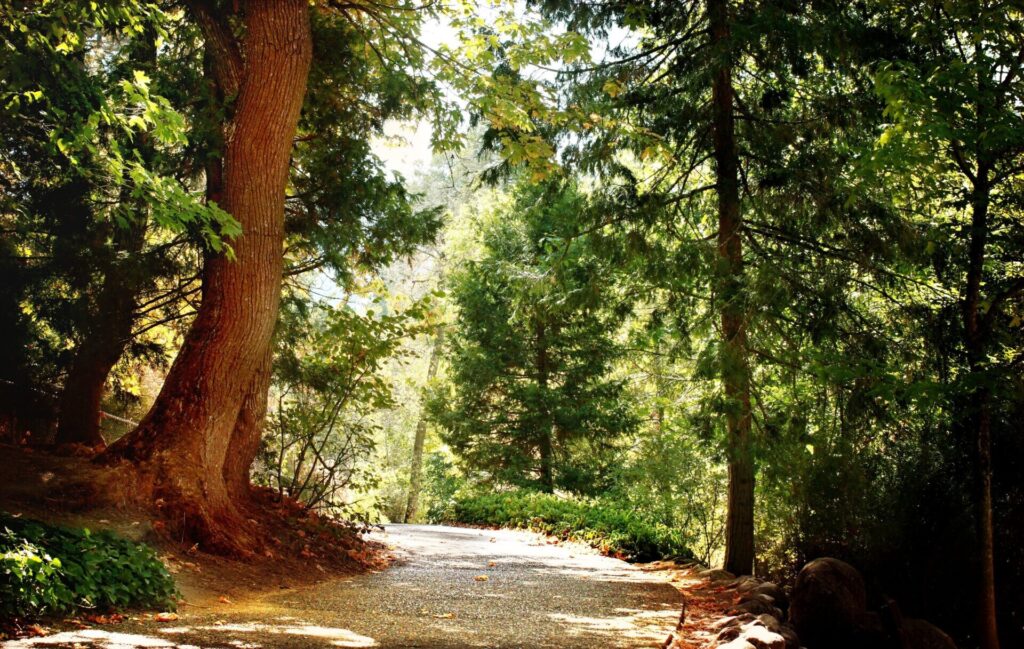Psilocybin retreats in Texas are not legally available in 2025, but the state has taken steps toward researching the therapeutic use of psilocybin through pilot programs and legislative action. While no retreat model exists yet, Texas has become one of the more active states in exploring medical pathways for psilocybin access.
Current Legal Status of Psilocybin in Texas
Psilocybin is classified as a Schedule I controlled substance under both federal and Texas law. This means possession, sale, or use outside of federally approved clinical trials remains illegal. Retreat-style programs are not permitted in Texas, and there are no licensed service centers.
At the same time, Texas lawmakers have shown interest in studying psychedelics for mental health treatment, particularly for veterans. While this does not create legal retreats, it reflects a growing willingness to consider psilocybin in a medical context.
Legislative Action on Psilocybin in Texas
House Bill 1802 (2021)
In 2021, the Texas legislature passed House Bill 1802, which required the state to study the medical use of psilocybin for veterans with PTSD. This made Texas one of the first conservative-led states to authorize an official review of psychedelic therapies.
Follow-up Legislation
Since HB 1802, new bills have been introduced to expand research efforts and keep psilocybin policy under consideration. While none have yet legalized access to retreats, the ongoing discussion signals openness to future policy development.
Pilot Studies and Reports
The Department of State Health Services and research partners were tasked with reporting findings on psilocybin’s safety and effectiveness. These reports have been presented to lawmakers, fueling debate about whether Texas should advance toward more formalized programs.
Psilocybin Research and Clinical Trials in Texas
Texas hosts several clinical studies examining psilocybin’s impact on mental health. Universities and research groups have partnered with medical organizations to explore psilocybin therapy for conditions such as depression and PTSD.
Veterans are a central focus of this research. Texas has one of the largest veteran populations in the United States, and the potential of psilocybin-assisted therapy to address PTSD symptoms has been a major driver of interest.
While these studies are not retreats, they provide supervised, controlled access to psilocybin for qualified participants, laying groundwork for what future therapeutic programs could look like.
What Psilocybin Retreats Typically Involve
In countries where psilocybin retreats are legal, the experience usually includes a combination of preparation, guided ceremonies, and integration support. Although not yet available in Texas, these elements help explain what people often look for when searching about retreats.
-
Preparation: Pre-retreat health screenings and discussions to set intentions
-
Ceremony: Guided psilocybin sessions led by trained facilitators
-
Supportive Practices: Meditation, journaling, yoga, or group discussions
-
Integration: Reflective sessions after the retreat to process and apply insights
These components provide a framework for safe and supportive use of psilocybin when legally available.
Travel Options for Texas Residents
Because psilocybin retreats are not legal in Texas in 2025, residents who want retreat experiences often look abroad to destinations where psilocybin is permitted. Jamaica and the Netherlands are common options due to established retreat frameworks and supportive regulations.
We at ONE Retreats in Jamaica provide legal psilocybin retreat programs where trained facilitators guide preparation, ceremony, and integration. Guests from Texas often attend international retreats while legislative progress continues in their state.
Preparing for an International Retreat
Traveling outside of Texas for a psilocybin retreat requires preparation. Participants typically focus on:
-
Mental readiness through practices like mindfulness or therapy
-
Physical readiness with rest, hydration, and balanced diet
-
Setting intentions that align with personal goals
-
Planning time after the retreat for rest and reflection
Preparation helps participants approach retreats with clarity and safety in mind.
Factors Influencing the Future of Psilocybin Retreats in Texas
The path toward legal retreats in Texas depends on several key factors:
-
Legislative Decisions: Lawmakers must pass new bills that move from research into legal frameworks
-
Federal Oversight: Psilocybin’s Schedule I status limits what states can do independently
-
Veteran Advocacy: Strong lobbying from veterans groups has kept psilocybin research on the state agenda
-
Research Outcomes: Ongoing clinical studies will shape how quickly policymakers act
Key Considerations for 2025
-
Psilocybin retreats are not legal in Texas
-
House Bill 1802 initiated state-backed research on psilocybin for veterans
-
New bills and pilot studies continue to push the conversation forward
-
Clinical trials are active in the state but not accessible to the general public
-
Texans often travel abroad for legal psilocybin retreat experiences
Final Thoughts
Psilocybin retreats in Texas remain unavailable in 2025, but legislative and research progress makes the state one to watch. By funding studies and engaging in active policy debates, Texas has created momentum that could lead to future programs. Until then, residents who wish to attend retreats continue to look toward international destinations where psilocybin services operate legally.





